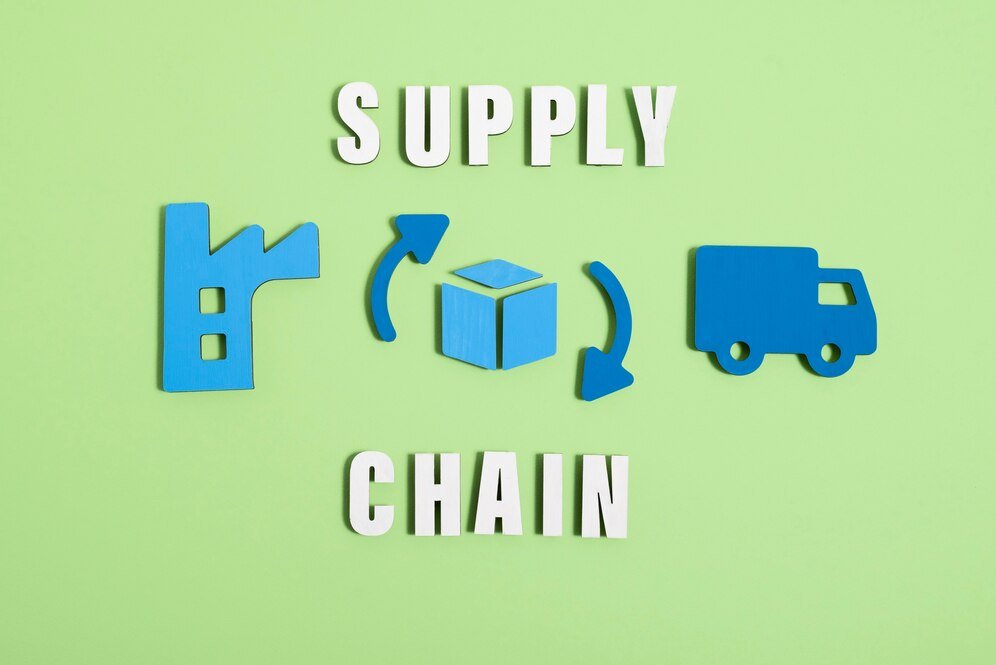This makes the functioning of ERP systems easier to understand since they integrate data from various departments in real time. This is because few decisions can be made based on inaccurate information and this facility empowers leaders to make proper decisions.



